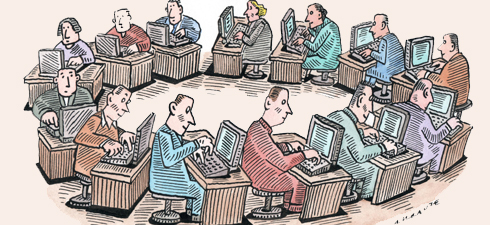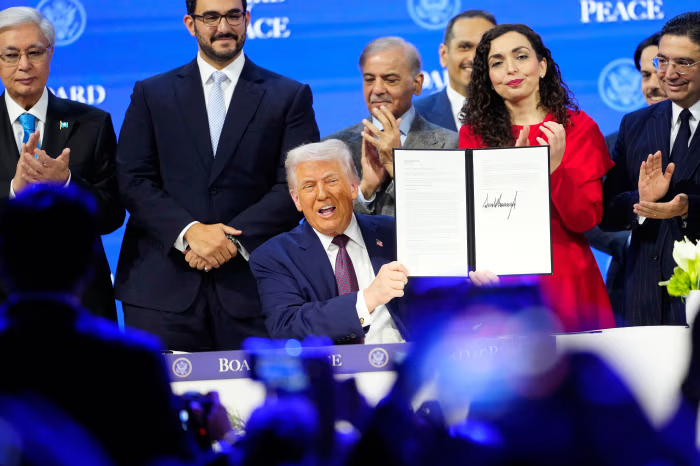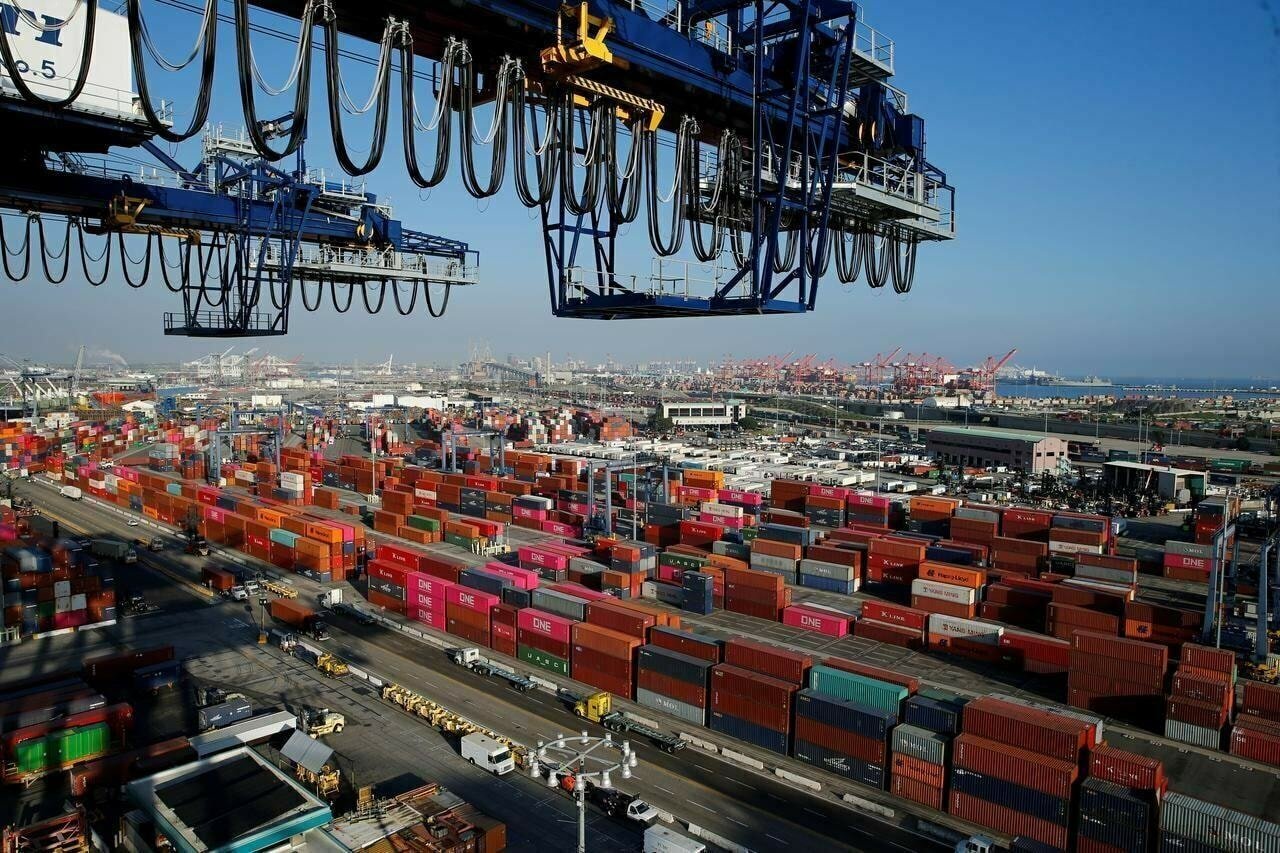Masood Khalid Khan
Pakistan’s universities and colleges are experiencing a marked decline in enrolments for traditional degree programs. This shift is rooted in a growing realisation among students and their families that education must serve a direct economic purpose. In the past, higher education was regarded as a cultural pursuit — a way to refine intellect, nurture aesthetics, and cultivate moral values. However, in today’s economically uncertain environment, degrees are largely perceived as employment tools. If a program does not offer a clear path to job security, students are reluctant to invest time and resources into it.
Follow Republic Policy Website
The cultural taboo surrounding job-oriented education is fading fast. Historically, pursuing higher education solely for economic benefit was considered an inferior motive compared to the pursuit of knowledge for personal growth. Yet, economic realities have overridden this perception. Families now prefer degree programs that guarantee employability and return on investment. This pragmatic approach, though often criticised by traditionalists, reflects the harsh truth of Pakistan’s job market, where opportunities remain scarce and competition intense.
Follow Republic Policy YouTube
At the core of this crisis lies the failure to develop and maintain curricula aligned with modern global standards. Neither the Higher Education Commission (HEC) nor provincial school education departments have succeeded in updating academic syllabi across disciplines — whether in arts, sciences, or technology. Without relevant and contemporary content, students are unable to acquire the skills demanded by the modern economy. This structural deficiency has turned many degrees into credentials that hold little value in the real job market.
Follow Republic Policy Twitter
The absence of uniform academic standards further deepens the problem. Modern economies thrive when education systems anticipate future industry needs and adapt accordingly. In Pakistan, the outdated syllabus model has left graduates underprepared and undervalued. This not only limits their career prospects but also undermines the country’s ability to compete globally. If the syllabus standards are not urgently elevated to international benchmarks, Pakistan will remain trapped in a cycle of educational stagnation and economic underperformance.
Follow Republic Policy Facebook
Failure to act swiftly poses the risk of systemic collapse. A degree without practical application or job relevance will inevitably lose its social and economic worth, further discouraging enrolments. As institutions lose students, they also lose funding and intellectual capital, creating a downward spiral from which recovery will be extremely difficult. The stakes are not limited to academia — a weakened education sector will inevitably erode Pakistan’s broader economic, cultural, and political stability.
Addressing this crisis demands immediate and sustained reforms. The government should modernise curricula through collaboration with industry leaders, academics, and international experts, ensuring all disciplines are aligned with both local and global needs. Skills training must be embedded in degree programs, offering graduates practical tools for employment. Academic standards should be harmonised across provinces while allowing for regional adaptation. A permanent review mechanism should be instituted to continuously evaluate and update the syllabus, preventing future stagnation. Public-private partnerships can also play a crucial role in bridging the skills gap and aligning education with market demands.
Follow Republic Policy Website
Pakistan’s education system now stands at a defining crossroads. The choice is stark: embrace reform and modernisation, or watch the higher education framework collapse under its own irrelevance. Restoring the value of degrees requires making them symbols of both knowledge and opportunity. The country’s intellectual and economic survival depends on urgent, decisive action — and the time for that action is now.















